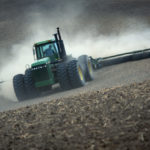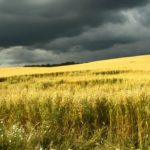Not only are farmers being trusted to look after the land, crops and animals, we also want to do the best possible job ourselves. The problem is we don’t always have the clearest picture of what the best practices really are, and we of course operate within the confines of present technology and profitability. Take











